Joint Statement of Support for SDG Localisation by URBACT Global Goals for Cities network

We, partners of the URBACT Global Goals for Cities network, acknowledge the central role played by cities in achieving the UN 2030 Agenda and the Sustainable Development Goals (SDGs).
Making sustainability a reality demands political courage – all decision-makers know that. As the green transition is such an overarching change in cities, ranging from human behaviour, city space, mobility, energy, food, production, consumption, business models, synergies between different sectors and much more – it will need new understanding and models on how to plan, implement and finance our actions in more integrated and holistic way.
The SDGs provide one of the best frameworks yet to achieve holistic and integrated sustainable urban development. Used as a policy-making and planning tool, the SDGs provide cities with a framework to improve actions and remove potential blind spots in urban development strategies and plans. The SDGs can help to strengthen essential dimensions of sustainable development, such as reducing social and gender inequalities (SDG 5 and SDG 10) and working towards strong, transparent institutions and peace (SDG 16).
We have been working together for 22 months to test and develop new tools and approaches to localise the SDGs, translating them into our unique local contexts together with our local partners and stakeholders.
The URBACT Global Goals for Cities network has provided us with a platform to learn, exchange experiences and above all to improve how we work with integrated sustainable urban development.
Throughout this peer learning journey, we have learnt about the importance of international networks to find new solutions and to accelerate action towards the SDGs.
We therefore want to express our strong support to this type of collaboration forum providing a space for cities to fully embrace their role in delivering on the SDGs.
The key messages we want to convey are:
- The SDGs help to achieve policy coherence across sectors and levels of government. By aligning all policies and actions towards these shared goals – agreed at the global stage by all UN member countries – we have a shared language to improve how we work with multi-level governance and in partnerships with private and civil society actors.
- The SDGs are more than abstract goals; they provide a framework for measuring progress holistically and stay accountable to present and future generations. When tied to concrete indicators and change narratives, the transformative power of the agenda can be leveraged. Voluntary Local Reviews contribute to this aspect.
- Cities and municipalities – as the level of government closest to people – have a special role to play in raising awareness about the goals. The importance of this cannot be understated. Without people’s buy-in, the decisions needed to move forward risk not being made.
- Many gaps still exist to fully leverage on the role of cities in achieving the SDGs, not the least in terms of data, governance models, funding and citizen engagement.
- Therefore, cities need empowerment and support to translate the Global Goals into local realities and actions and follow the commitments their governments and the EU have taken regarding the SDGs.
- New sources of funding at European, national, regional and local levels are also essential, in particular for small and medium-sized cities, to continue pursuing localization of the SDGs and to achieve the goals effectively, leaving no one behind.
By working together, local, regional, national, European and international institutions and governments can fill these gaps.
Therefore, it is important to have a common European platform, where the cities can meet and exchange the knowledge and best practices on local implementation of the SDGs.
We want to express our strong appreciation for being able to contribute to this joint mission by taking part in the URBACT network.
Signed by:

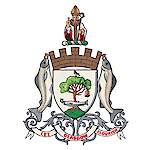

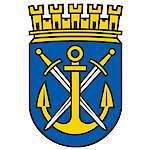
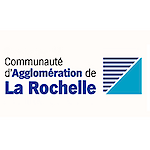





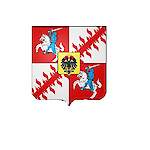
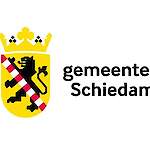
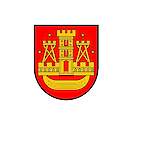


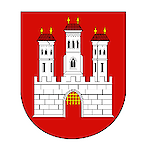
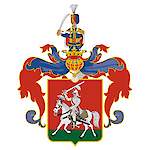

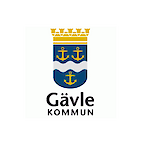
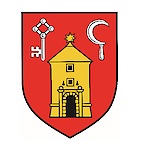
Korraldaja kontaktid
Estonia, Tallinn
Lisainformatsioon
